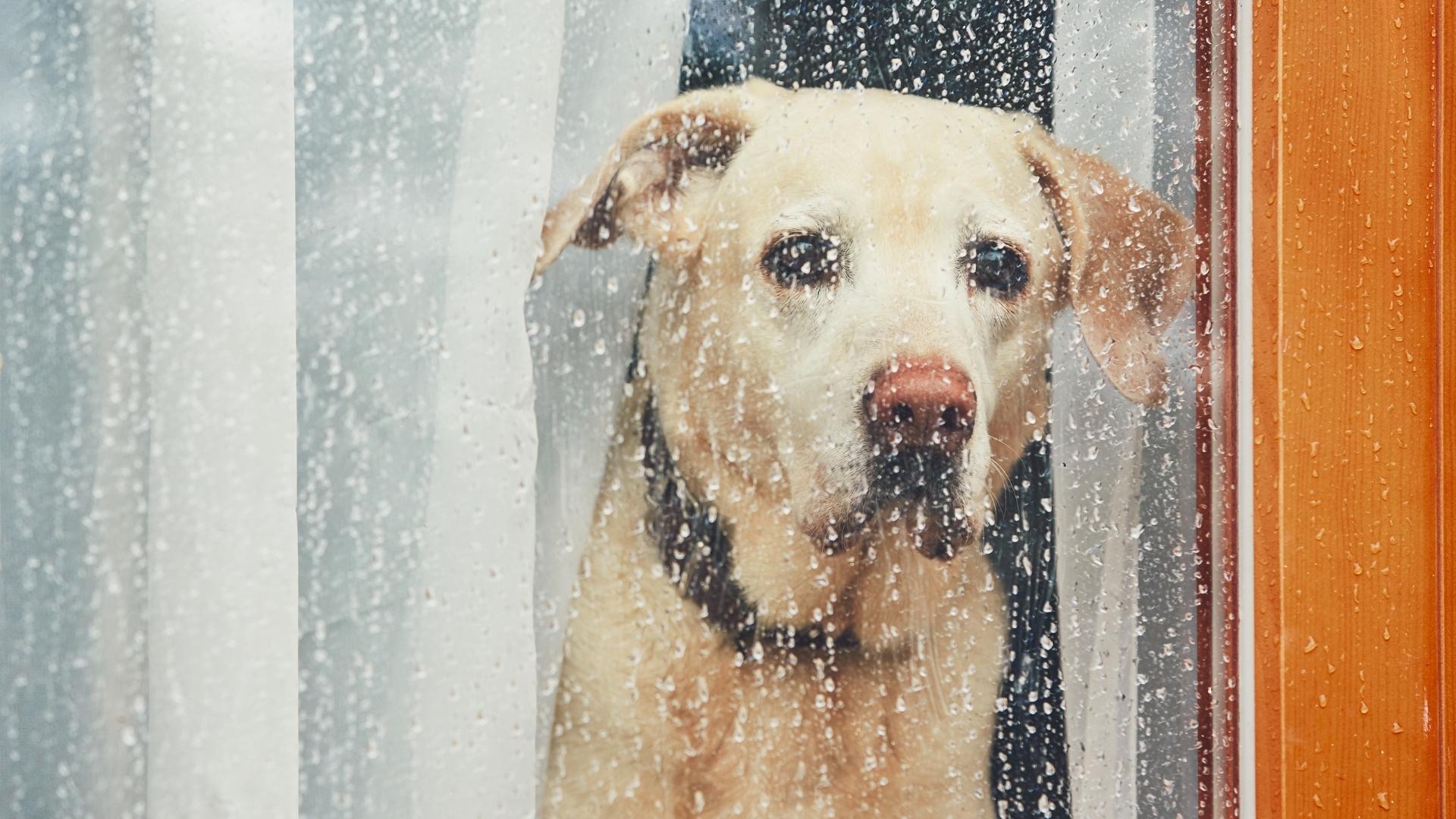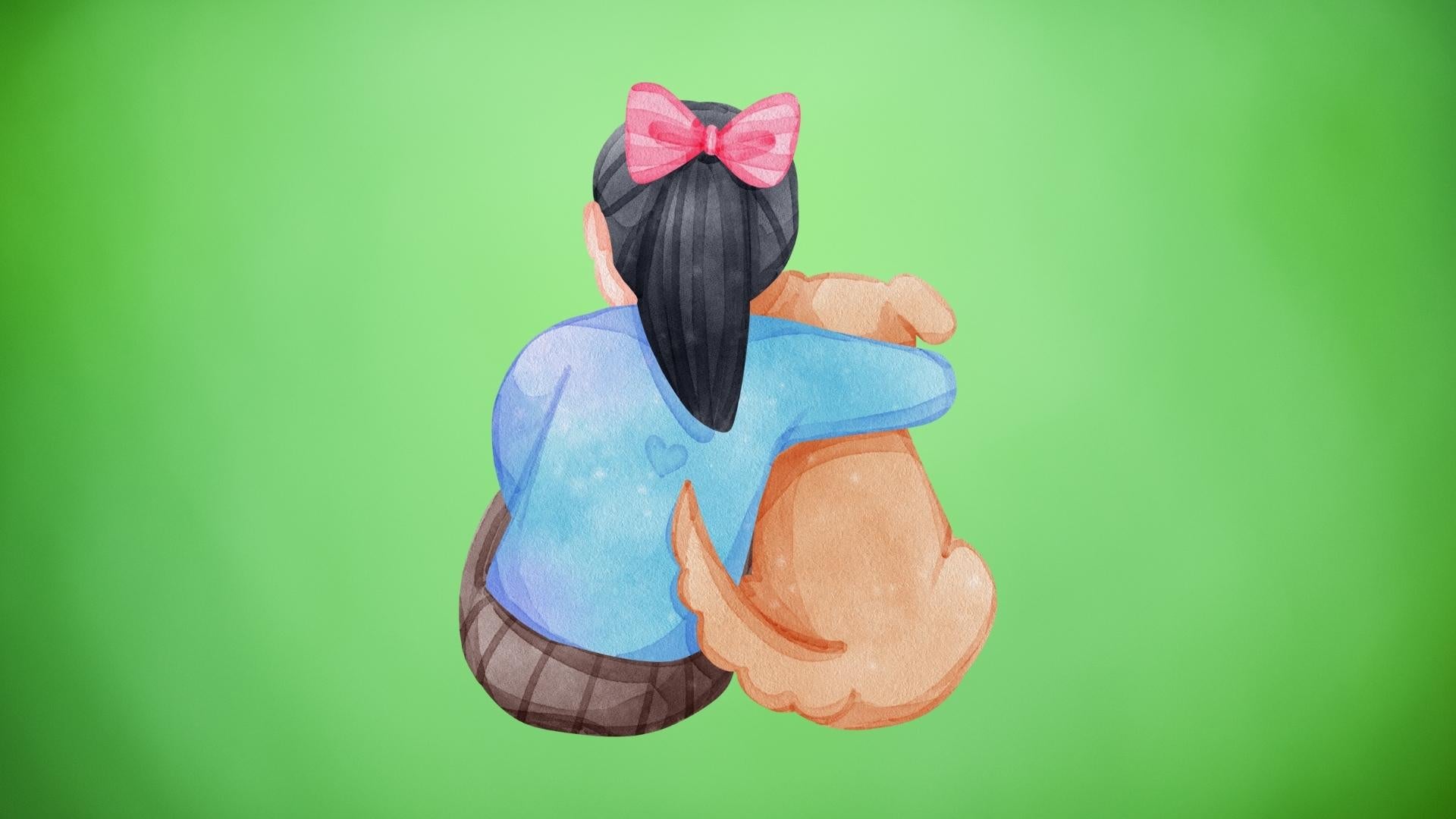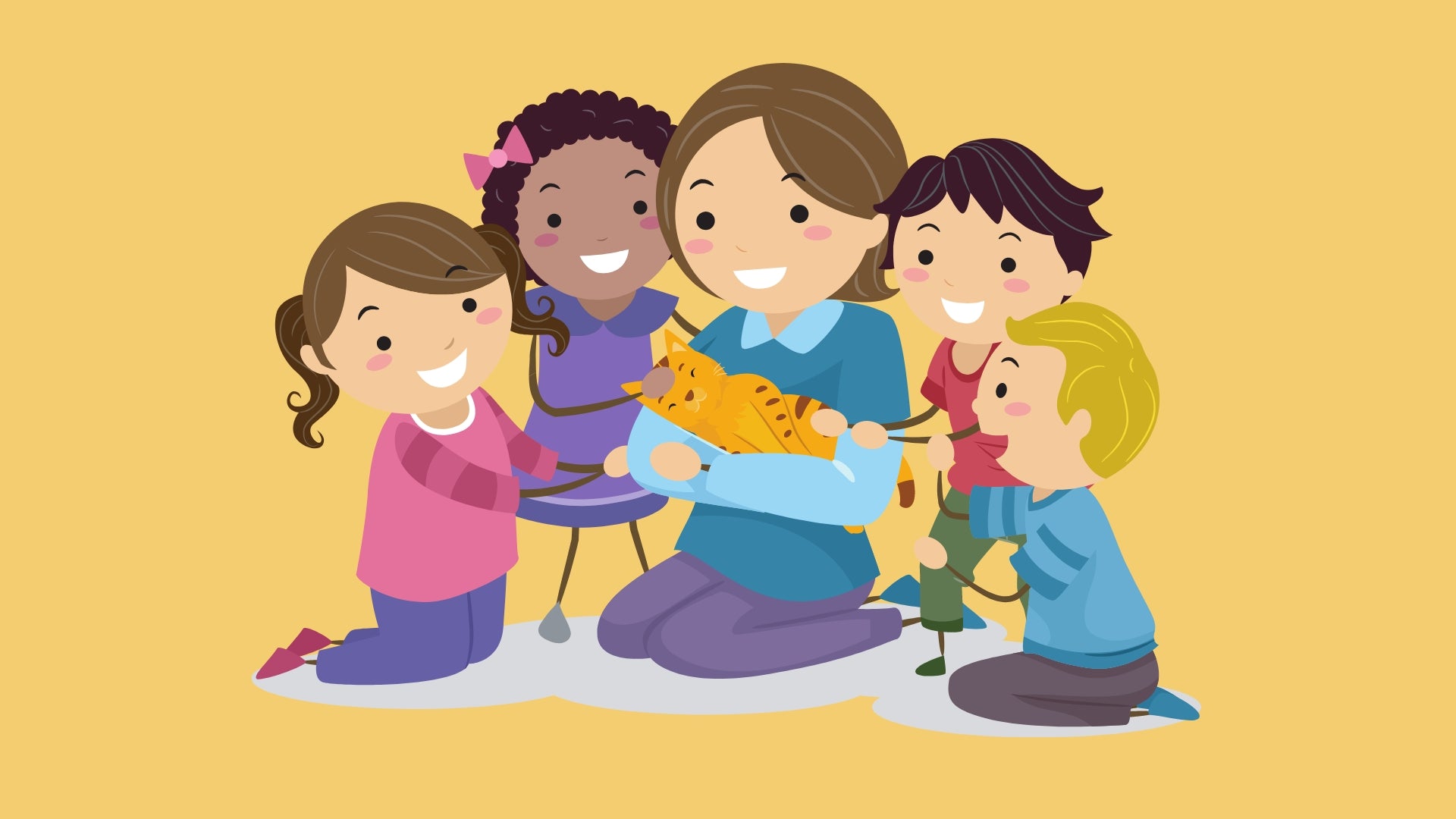
Is my pet depressed? Mental health issues your pet may have
Can your pet get depressed? Like humans, can pets have depression, anxiety, panic attacks & other mental illnesses? The answer, sadly, is yes. Depression, anxiety & other mental ailments are prevalent even among pets. What makes it extremely difficult to identify & treat is their inability to express what they’re feeling in human words.
This blog encompasses the symptoms of depression & other mental health issues, their causes, the three major mental health illnesses & how to identify & treat these conditions.

What are some symptoms you should be wary of?
- Low activity levels
- Loss of interest in the things they usually enjoy
- Change in eating habits & timings. Often eating substantially less (or not at all)
- Increased or non-uniform sleep
- Increased howling or whining
- Excessive licking, especially their paws
- Flattening of ears
- Less interaction with other pets / animals
- Regression in habits and behavioural training
- Bored or frustrated
- Excessive barking
- Hyperactivity

What causes your pets to have depression, anxiety & other mental health issues? The answer primarily lies in as a reaction to a major life change. While some pets can be quite sensitive and may experience depression or anxiety over what may seem to us like a stupid whim or “little things”, such as a new leash, pet carrier or too many guests. More significant events that can affect our pet’s mental health may include:
- An addition to the household, such as a new baby, adopted child, spouse, roommate, or another pet.
- Contrarily, someone leaving the house, for instance, a child going away to college, a spouse moving out after a divorce, or the death of a family member or pet.
- Moving to a different home or apartment
- Shifts in routine due to children going back to school or a job change
- Drastic change in temperature, location or general surrounding
- A traumatic experience, like getting hit by a car or experiencing a disaster, like a hurricane or house fire.
Note: It’s also important to keep in mind that symptoms of depression and anxiety can be signs of illnesses, which need to be diagnosed and treated by a veterinarian.

“One day Kuro escaped from our verandah & almost had a near death experience when he ran straight into oncoming traffic. A car stopped right in front of him with a deafening, screeching sound. Even though he didn’t suffer any physical damage, his mental state went for a toss for months. He would refuse to leave the house even for walks or to relieve himself. He developed severe depression. Kuro ‘s treatment was long & difficult. It took a lot of patience, baby steps & time to help him go through his depression into a phase of understanding & acceptance. ” – Naevia, student.
Let’s dive deep into the various Mental Health problems that your pet may be facing & classify them into 3 major illnesses.
1. Anxiety
Just like their masters, pets are creatures of habit, and they can become anxious when their routines are disrupted. They can also suffer from separation anxiety or feel anxious after a traumatic experience, such as getting injured in a fight with another pet. Symptoms of anxiety in pets can include:
Avoiding eye contact
Excessively licking of lips or sniffing the air
Moving away from people who approach them
Yawning when they’re not tired
Pacing back and forth or in circles
Trembling
Whimpering or whining
Yawning when they’re not sleepy
Anxious pets can also appear restless and have a hard time settling down. Additionally, you may notice changes in their eating or drinking habits.
2. Depression
Can your pet get depressed? That’s a good question that doesn’t have a simple answer. Unfortunately, we can’t really know what goes on in our pet’s minds to equate it with human depression. However, we do know they can experience deep sadness and show signs of depression similar to people such as:
Appetite loss
Lethargy
Inability to sleep or sleeping more than usual
Withdrawal from social interaction
3. Compulsive Behaviors
Pets aren’t diagnosed with obsessive-compulsive disorder (OCD) like humans. We don’t know if they have obsessive thoughts, which is a hallmark of this illness for humans. However, anxiety, fear, boredom, frustration, and other negative emotions can lead to compulsive behaviors.
These behaviors are exaggerations of normal pet activities, which are done for longer periods of time and repeated in situations where they wouldn’t be expected. For instance, you wouldn’t bat an eye if your pet was licking their paw after it was hurt, but constantly licking an uninjured paw may indicate a compulsive behavior. Behaviors that can become compulsive include:
Barking
Chewing
Excessive licking
Pacing
Snapping at the air
Spinning
Sucking on toys
Tail chasing
Compulsive behaviors can start out as a way for pets to soothe themselves. They become problematic when pets ritualize the behavior. For example, a pet might suck on a favorite toy when they’re afraid during a storm. Because this made them feel better, they may begin to search out the toy and repeat the behavior anytime they are scared or anxious.
Some obsessive behaviors can be harmful to pets. Pets who lick their sides constantly can cause painful injuries or skin infections. Sucking on objects can result in choking or swallowing small pieces, which can obstruct the intestines. Pets have also been known to chase and attack their tails, damaging them badly.

Finally, what should you do to avoid your pets getting sad or depressed? Also, if your pet is showing signs of any of the above-mentioned symptoms, what should you do depending on the nature & severity of the problem? Let’s take a look at some must know points: -
- Offering more attention: One of the best ways to help a sad pet is by ensuring that they get more attention. Experts explain: "It's important to offer this added attention in moderation as you will need to allow your pet time to deal with their feelings at their own pace."
- Keep them active: Especially in case of active breeds, spending time in the fresh air can drastically help boost your pet's mood. Again, you may need to build this up slowly, but taking your pet out & on regular walks will help them both physically and mentally.
The experts say: "When they aren't properly stimulated and can't expend all of their natural energy, a pet's boredom levels can turn into sadness. Just like humans, when pets are active their brains release dopamine and serotonin - the 'feel good' chemicals which supercharge their mood."
- Socialization: Pets are naturally social creatures so, if your pet is feeling a little down, encouraging them to socialise with other animals, be it street dogs / cats or other animals & pets, might be just what they need.
- Maintain a regular routine: Ensuring your precious pet knows what they are doing when, every day, will help them a great deal in getting out of a state of sadness & depression. Whether it's heading out for a walk at a similar time each afternoon or when they can expect to eat dinner, stability in a routine will work wonders.
- Playtime!: The best stress reliever for any pet! It also strengthens the bond you share with your pet, which can make you both feel loved and happy. Not just walks in the park, surround your pets with their favourite toys, engaging puzzles & mystery boxes to keep them physically & mentally stimulated.
- Lifestyle adjustments: In some cases, you may be able to identify triggers that make your pet stressed or anxious and modify their environment or routine to avoid them.
- Desensitization: Taking gradual steps to help your pet grow comfortable with something that is upsetting them works in a positive way in a lot of cases. For instance, if your pet is anxious meeting new people, you would start by gently introducing them to one person in a safe and controlled environment.
- Behaviour modification: The goal of this exercise is to change the way your pet reacts to people, situations, or particular things. It’s best to connect with a trainer, pet expert or a behaviourist to make sure it’s done properly.
- Positive Reinforcement: Scolding , yelling, physically abusing or hitting your pet can create stress, fear and anxiety. It’s healthier to reward them for good behaviour rather than punishing them for bad behavior.
- Switch on their favourite channels on TV / youtube / radio: If your pet gets lonely when you’re out of the house, consider putting on a soothing TV or radio station. Animal and nature channels work great for some pets!
- Pause! Check your own emotional state: Pets can understand our emotions. It’s possible that your pet may be feeling blue because they sense you’re sad or depressed. They may be giving you a clue that you need some self-care.
- Know their personality: Some pets need a little space, while others prefer extra attention when they feel stressed or anxious. If you know how your pet likes to process their feelings, you’ll be better equipped to give them what they need.
- Last but not the least, take care of them: Help them stay in shape mentally by making sure they’re in shape physically. That means feeding them a nutritious diet, making sure they are getting plenty of sleep, giving them enough opportunities to exercise, and offering them engaging toys. Puzzle toys, in particular, can help keep your pet mentally sharp and prevent boredom.
You can connect with Zoivane Pets on our Website, Instagram, Linkedin, Facebook & YouTube. For suggestions, queries or feedback mail us at wecare.zoivane@gmail.com or Whatsapp us on +91-9727054006
















اترك تعليقًا
This site is protected by hCaptcha and the hCaptcha Privacy Policy and Terms of Service apply.